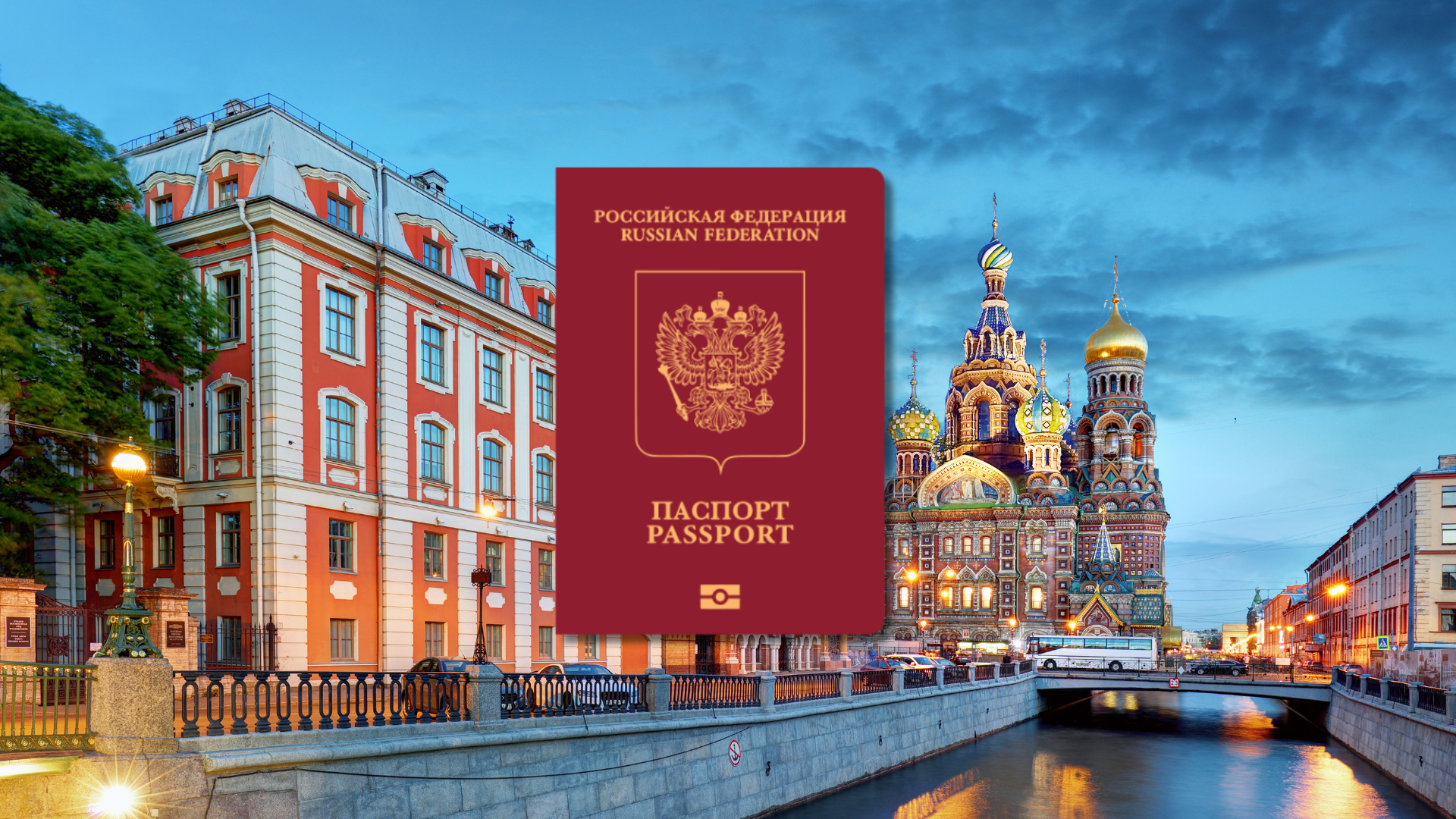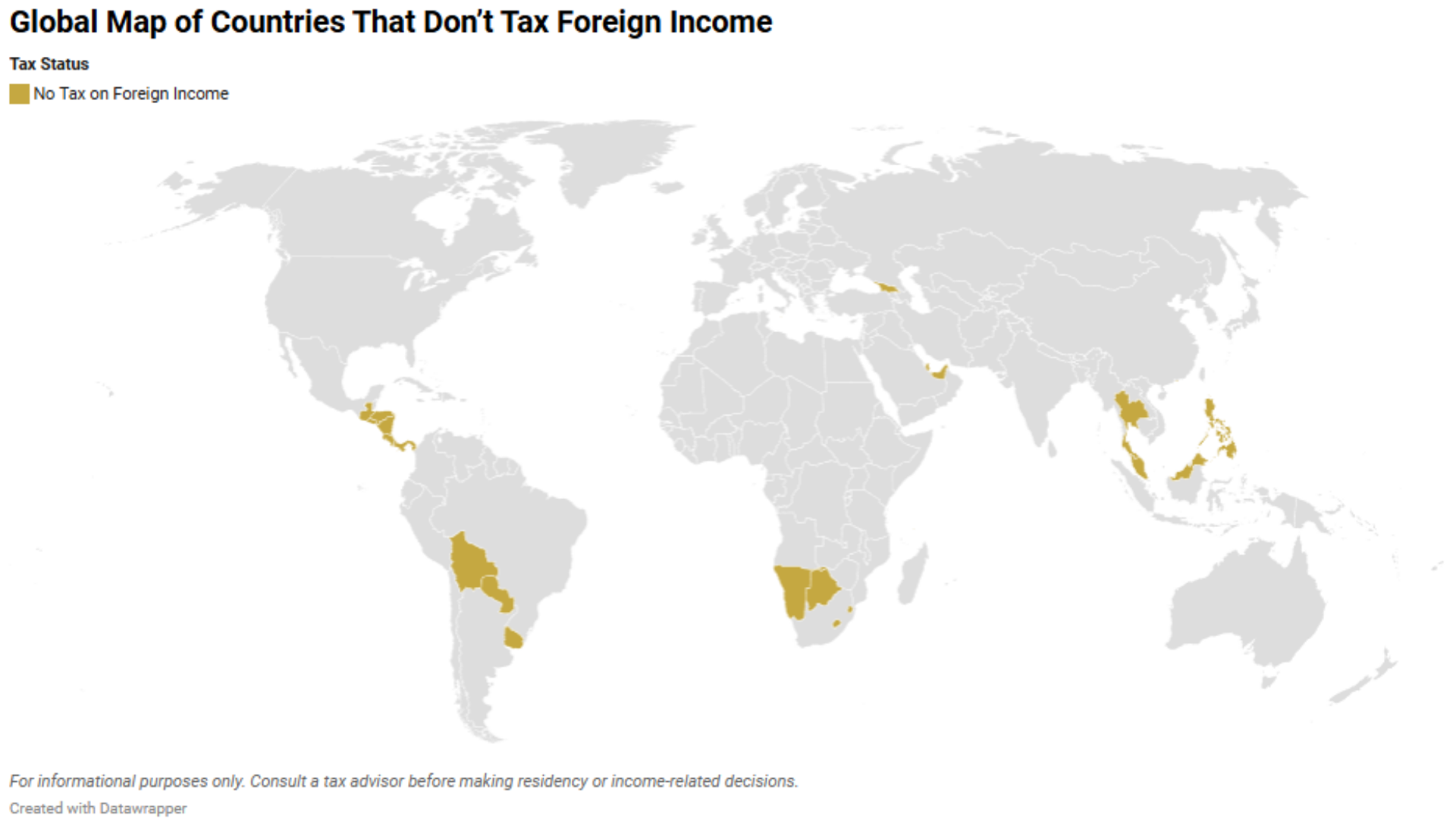Dominica Revokes 68 CBI Passports: A Wake-Up Call for Investors
The Commonwealth of Dominica has made a significant and assertive move within its Citizenship by Investment Program (CIP) by issuing a Citizenship Deprivation Order, which effectively annuls the citizenships of 68 individuals. This decisive action, endorsed by Minister for Citizenship Miriam Blanchard and made official on June 6, 2024, maintains that these individuals obtained their citizenship through deceit, false representation, or by concealing critical information. Dominica’s bold step highlights its dedication to maintaining the integrity of its CIP and safeguarding its national interests.

The Deprivation Order
The Citizenship Deprivation Order meticulously lists the names, nationalities, and dates of citizenship of the affected individuals, providing a transparent account of the government’s decision. The majority of these individuals (53%) are of Iraqi origin, followed by Pakistanis (21%), Egyptians and Iranians (6% each), Nigerians and Syrians (4% each), Afghans (3%), and one Sudanese and one Jordanian national (1% each). These individuals obtained their Dominican citizenship between November 2019 and May 2022. This diverse demographic illustrates the global appeal of Dominica’s CIP but also highlights the vulnerabilities that can be exploited by fraudulent actors.
Government’s Stance on Fraudulent Activities
Prime Minister Roosevelt Skerrit had previously addressed the issue of fraud within the CIP at a Caribbean Investment Summit, underscoring the government’s unwavering commitment to revoking citizenships obtained through fraudulent means. His statement came in the wake of a Memorandum of Agreement (MoA) signed in March among the five Caribbean CIP jurisdictions. This agreement aims to standardize minimum investment thresholds, enhance information sharing and transparency, and establish common regulatory standards across the region. Skerrit’s declaration and the subsequent Citizenship Deprivation Order signal a proactive approach to preserving the credibility and reliability of Dominica’s CIP.
Implications for the Investment Migration Industry
Dominica’s decision to revoke these citizenships sends a powerful message to the investment migration industry, emphasizing the significant risks associated with fraudulent activities. The government cited various forms of deceit, such as lying or concealing visa rejections to countries with which Dominica has visa-free agreements, or other serious misrepresentations. This action underscores the critical need for integrity within the CIP and the broader investment migration industry. By taking this firm stance, Dominica is not only protecting its own interests but also reinforcing the importance of trust and transparency in international citizenship and investment programs.
Increased Scrutiny and Cooperation
In accordance with the MoA, Dominica and the other Caribbean CIP jurisdictions have agreed to a minimum investment requirement of US$200,000. They have also committed to sharing information on applicants through a digital portal hosted by the Joint Regional Communications Centre (JRCC) in Barbados. Furthermore, these countries have pledged to improve the post-approval screening of CBI citizens and to cooperate on retrieving canceled passports. These measures are designed to enhance the overall security and integrity of the CIP, ensuring that only qualified and honest individuals are granted citizenship through these programs.
Consequences for Affected Individuals
The revocation of citizenship and passports will have profound and far-reaching consequences for the individuals named in the order. They will likely face significant difficulties in applying for visas and in their banking activities, as their names will be entered into global databases used by financial institutions. This move highlights the severe repercussions of engaging in fraudulent activities and serves as a stern warning to potential CIP applicants. It is important to note that some of these individuals may have been misled by unlicensed and unscrupulous immigration service providers who promised citizenship at a discounted rate, further complicating their situation.
Conclusion
Dominica’s action in revoking these citizenships serves as a critical reminder to potential investors about the importance of due diligence and working with reputable and licensed service providers. The decision underscores the need for transparency and adherence to official guidelines in the CIP process to avoid any adverse consequences. By taking a firm stance against fraudulent activities, Dominica aims to protect the integrity of its CIP and send a clear message to the investment migration industry. This move is expected to deter future applicants from engaging with unlicensed agents and promote a more transparent, secure, and reliable investment environment. Through these efforts, Dominica continues to demonstrate its commitment to upholding the highest standards in its Citizenship by Investment Program.
Share this blog
Frequently Asked Questions
Related Articles
Paraguay Reports 50% Increase in Residency Applications in 2025
Paraguay saw a remarkable 50% surge in residency applications in 2025, drawing growing interest from global investors and high-net-worth individuals….
7,000 Russians Claimed Citizenship Through a Forgotten Treaty
In 2024, over 7,000 Russians secured Kyrgyz citizenship through a long-forgotten treaty, no investment, no residency. This surprising surge reveals…
72% of Countries Now Demand More Than Just a Strong
A strong passport is no longer enough. With 72% of countries now applying political filters to mobility, high-net-worth individuals and…
Keep More Abroad at 29 Countries with No Tax on
Paying tax on income earned outside your home country? You may not need to. Discover 29 countries where foreign income…
UAE Golden Visa Real Estate Delivered Up to 20% Returns
UAE real estate led all Golden Visa markets in 2025, delivering up to 20% total returns. While other countries faced…
Venezuela’s Political Shift and the New Investment Landscape
Venezuela’s post-Maduro era may unlock rare investment and residency opportunities. With political transition underway, early-movers could gain access to undervalued…






